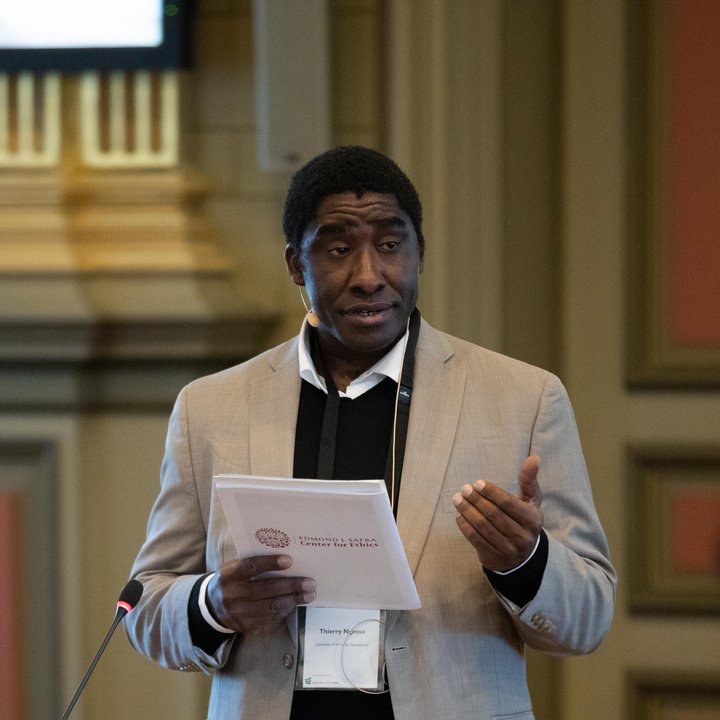
Most accounts of global justice, whether the nationalist, cosmopolitan, or moderate Rawlsian approach, focus on the obligations of well-ordered societies to non-well-ordered societies, or more specifically of liberal and decent peoples to burdened societies (Rawls, 1999). But the question of what burdened societies themselves owe their own citizens in this regard, or how various natural, cultural, and social burdens in which they are enmeshed affect the valuation of their obligations to their own peoples, has not received sufficient attention in the global justice literature. This may be partly because global justice theorists, most of whom belong to liberal societies, assume that burdened societies need help and tend to unconsciously frame global justice in terms of transferring a minimum package from the North to the South. An implicit normative consequence will be that burdened societies do not have strong moral obligations to their own citizens, if not to accept help from well-ordered societies.
Moreover, in these accounts of global justice, the obligations of corporations in the international arena are generally framed in terms of a "do no harm" approach, and a moral division of labor with separate responsibilities is assumed, in which states are seen as the only primary agents of global justice and corporations only as secondary agents of justice (O'Neill, 2005). This way of framing the respective moral obligations of states and corporations in the international arena was solidly echoed in the influential UN Guiding Principles on Business and Human Rights (Ruggie, 2011), in which states have a duty to protect human rights, corporations have a responsibility to respect human rights, and both share a responsibility to provide access to remedy for those whose human rights have been violated. An explicit normative consequence of this moral division of labor is that, to the extent that corporations do not violate the human rights of citizens from burdened societies, they fulfill their human rights obligations from a global justice perspective.
The goal of this project is to challenge both of these assertions and offer an African perspective on these issues by drawing on the human right to health (care) in sub-Saharan Africa.
Managing Director IWE-HSG Africa Center